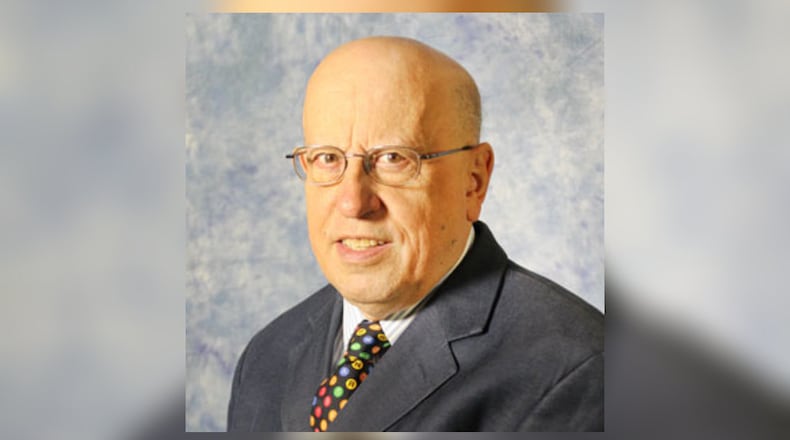Satan Clubs, the focal point of this column object to introducing religion into public education such as LifeWise Academy proposes. Instead, Satan Clubs offer what they describe as alternatives to faith-based groups in schools, emphasizing that they address “science, critical thinking, creative arts, and good works for the community, not on proselytizing or instructing on devil worship.” Thus, club activities, which do not involve worshipping Satan, “focus on free inquiry and rationalism, the scientific basis for which we know what we know about the world around us.”
Ensuring equity for student clubs in K-12 schools emerged under the 1984 Federal Equal Access Act. Under this Act, which applies to public secondary schools allowing non-curriculum related clubs to meet during non-instructional time, officials cannot refuse to allow groups to meet based on “the religious, political, philosophical, or other content of the speech at such meetings” as long as they do not materially or substantially interfere with educational activities.
In 1990 the Supreme Court upheld the Act, allowing a religious club in Nebraska to meet during the school day. Lower federal courts in California, Indiana, Florida, and Kentucky expanded the Act to cover Gay/Straight Alliance clubs while another in Florida applied it to middle schools.
In 1991 in a second case from New York, the Supreme Court ruled that board officials could not deny a non-school-sponsored religious club access to meet after classes to discuss child-rearing, character, and moral development from a faith-based perspective because it allowed the Boy Scouts, Girl Scouts, and 4-H Club to address these topics from secular points of view. A Satan Club in Pennsylvania successfully relied on this case in challenging officials who refused to let them gather. The court found that officials committed unlawful viewpoint discrimination in violation of their First Amendment right to free speech.
Satan Clubs clearly present challenges as provocateurs or contrarians questioning the established order. In an increasingly intellectually diverse world where children encounter ideas with which they may disagree, though, should not educators be open to exposing students to ideas different from their own, especially when meetings are voluntary and after school?
Regardless of whether one accepts having Satan Clubs in Miami Valley schools, local educators can teach children, in consultation with their parents, a valuable lesson in using their critical thinking skills to select the activities in which they participate. If clubs are attractive enough, students will join. Conversely, if clubs are not appealing, students will ignore them.
Without endorsing or condemning Satan Clubs, or banning them, and other clubs, as some boards have done, basically risks “throwing the baby out with the bath water,” accomplishing little, if anything. Moreover, banning Satan Clubs risks turning them into victims who may gain greater sympathy and support. Finally, denying Satan Clubs the same access as religious, and other, groups creates impermissible double standards, violating their right to free speech sending a message, however unintended, that schools are not open to all points of view.
Charles J. Russo is the Joseph Panzer Chair in Education and Research Professor of Law at the University of Dayton.
About the Author
